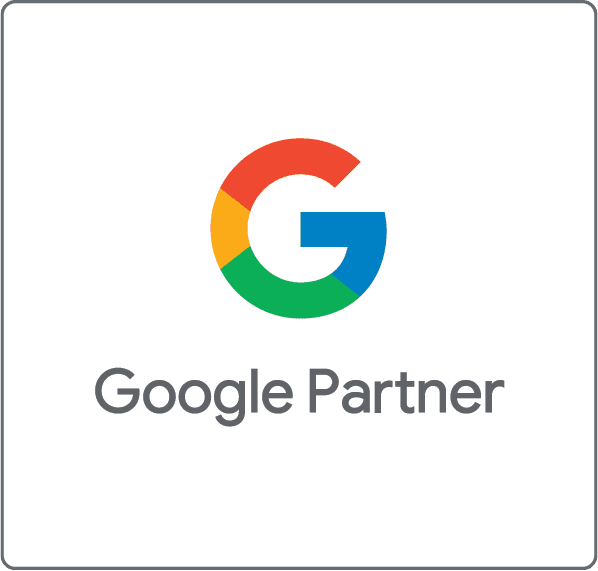Healthcare Programmatic Advertising: A Game Changer in the Industry
The healthcare industry is one of the oldest industries in the world, and it has come a long way from the days of bartering medicinal herbs. Today, the industry is one of the largest and most progressive industries in the world, with innovations in technology and advancements in medical research. With such a vast and competitive field, healthcare providers and stakeholders consider healthcare programmatic advertising as a potential game changer.
Healthcare programmatic advertising has emerged as an efficient and effective solution for the healthcare industry to reach their target audience with personalized messages. Programmatic advertising is a technology-driven approach that involves the use of algorithms, real-time bidding, machine learning, and data analytics to automate the buying and placement of digital advertisements. The use of these technologies allows for the delivery of targeted, personalized advertising messages to individuals across a range of devices and platforms.
The healthcare industry can benefit from programmatic advertising in numerous ways through better targeting capabilities, increased efficiency, and the ability to optimize campaigns in real-time. The healthcare industry is highly regulated, and therefore, marketers need to be mindful of strict privacy regulations, ethical considerations and data protection laws. Programmatic advertising helps healthcare providers to comply with these regulations while delivering personalized and relevant content to their target audiences.
One significant advantage of programmatic advertising is its ability to target the right audience for a specific health condition, treatment or service. Programmatic advertising utilizes data analytics and machine learning to identify an individual’s interests, habits, behaviors and healthcare needs, thereby allowing the delivery of highly relevant advertisements to the target audience. For example, programmatic advertising can be used to deliver a personalized message to patients who are looking for a particular medical procedure or treatment. This ensures that healthcare providers maximize their marketing campaigns’ effectiveness by reaching patients that have a higher probability of conversion.
Another benefit of programmatic advertising is its ability to optimize campaigns in real-time. Programmatic ad platforms can make use of data analytics to gain a deeper understanding of an ad’s performance and, thus, make needed adjustments in real-time. This is done by monitoring metrics such as click-through rates, engagements, impressions, and conversions. The ability to monitor these metrics in real-time allows healthcare providers to adjust their campaigns and better understand their target audience and patients.
Programmatic advertising also offers increased efficiency by streamlining the process of placing and buying digital advertisements. Programmatic advertising automates the buying process for digital advertisements, thus eliminating the need for manual and less effective advertising methods. By doing this, healthcare providers can save time and money by focusing on creating high-quality content.
In conclusion, healthcare programmatic advertising is a game-changer in the industry and offers a wide range of benefits that can transform healthcare marketing campaigns. With precise targeting, real-time optimization, data analytics and increased efficiency, healthcare providers can maximize the return on their marketing investment while delivering personalized and relevant content to their target audiences. The implementation of programmatic advertising could cement a significant competitive advantage for healthcare providers and stakeholders alike. Implementing programmatic advertising and embracing technology could help providers navigate and succeed in the ever-changing healthcare industry.























